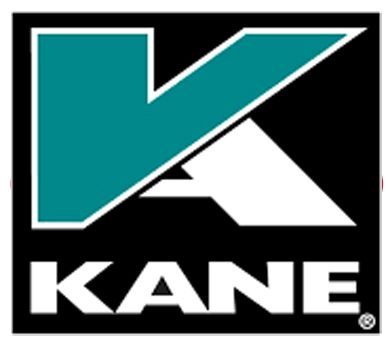How to keep your van safe - here's out top 10 tips
Many electricians and gas engineers work from their vans and rarely spend time in the office
Many electricians and gas engineers work from their vans and rarely spend time in the office. With much of their livelihoods contained within these four-wheels, including expensive tools and machinery, the importance of keeping their van secure shouldn’t be underestimated. Tools are extremely valuable possessions and the loss of such items through theft can have a serious impact on small businesses and self-employed tradesmen.
How to keep your van safe – here’s our top 10 tips
Many electricians and gas engineers work from their vans and rarely spend time in the office. With much of their livelihoods contained within these four-wheels, including expensive tools and machinery, the importance of keeping their van secure shouldn’t be underestimated.
Tools are extremely valuable possessions and the loss of such items through theft can have a serious impact on small businesses and self-employed tradesmen.
Incidents of theft from vehicles are rising in many areas of the UK. Van owners need to become more responsible for the security of their vehicles and this means following safety advice to reduce their chance of becoming a victim.
The following list will help you to reduce the risk of a break-in this winter or limit the impact of a theft on your livelihood.
Here’s our ten top tips to keep your van secure this winter:
Never assume your vehicle is locked simply because you have used a key fob operated lock. Criminals have been known to use sophisticated devices which block the signal. The only way of knowing for sure whether your vehicle is locked is to physically check it.
If your employer has a lock-up yard or garage, then use it to park your van overnight. Similarly, if you’re self-employed and you have a garage, park your van in it overnight. If you don’t, then ensure you park in a well-lit area.
Seriously consider fitting the vehicle with an alarm system or another device that offers protection against theft.
Remove your tools from your vehicle when it is unattended, particularly overnight. Make sure they are left in a lockable storage facility – ideally this will also be alarmed.
Ensure you lock and immobilise vehicle and equipment when you are not using them.
Mark your tools and machinery with a forensic marking kit or similar and keep a list of these items, together with their serial numbers. This will ensure they can be returned to you in the event they are stolen and later recovered.
Place signage in your vehicle as a deterrent to thieves specifying any security measures you have including forensic marking or alarms. It is also useful to advise potential thieves that your tools are not left in your van overnight.
If you witness suspicious activity or visitors on your site, contact the police on the non-emergency number 101 as this can be useful for intelligence purposes.
Add extra locks to your vehicle as a further deterrent. Deadlocks and slam locks are particularly popular.
Make sure you lock up all extra sets of keys – never place them all on the same key ring.
Criminality costs businesses financially and in lost production. Not every incident of theft can be avoided but you can greatly reduce the risks or damage by taking extra security measures, like those outlined above.
We hope you found our article on ‘ How to keep your van safe – here’s our top 10 tips ‘ useful.
























